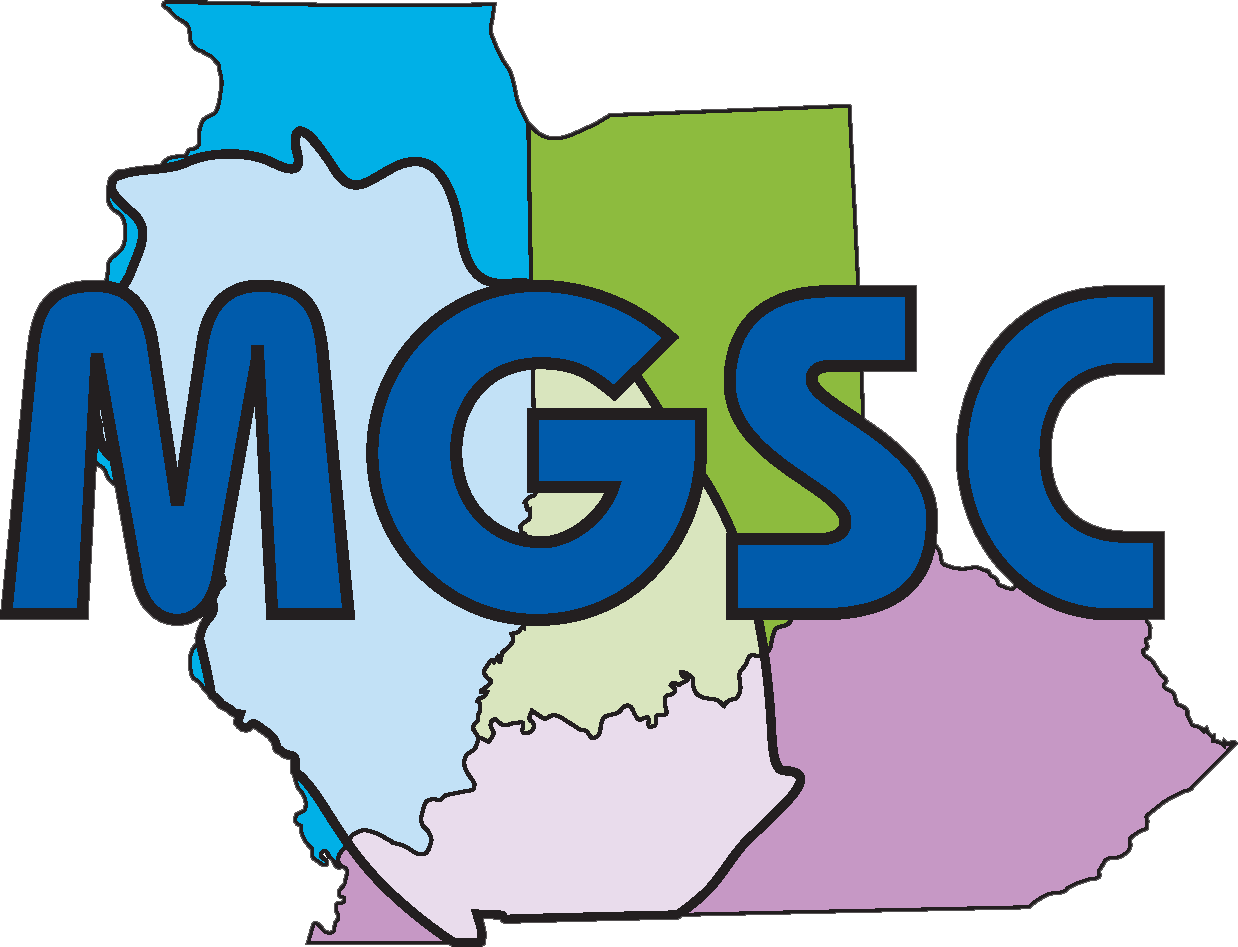Computational Methods
in Water Resources
XIX International Conference
![]() June 17-21, 2012
June 17-21, 2012
at the University of Illinois at Urbana-Champaign
Special Session on:
Hybrid Multiscale Models in Subsurface Flow and Transport
Conveners:
Tim Scheibe, Pacific Northwest National Laboratory
Qinjun Kang, Los Alamos National Laboratory
Matthew T. Balhoff, University of Texas
Featured Speakers:
Ilenia Battiato, Clemson University, "Hybrid Models of Reactive Transport in Porous Media"
Tim Scheibe, Pacific Northwest National Laboratory, "MAP: An Analysis Platform for Multiscale Hydrogeologic Modeling with Emphasis on Hybrid Multiscale Methods"
Description:
As practical problems involving flow and transport in porous media have become more complex (e.g., involving multiphase flow, multicomponent heterogeneous reactions, microbiological processes), more attention is being given to situations in which the assumptions underlying classical continuum models of porous media flow and reactive transport are not met. In cases where strong coupling exists between pore- and continuum-scale process models, it may not be possible to fully decouple continuum-scale models from an explicit description of pore-scale processes. At the same time, it is highly impractical to perform the large-scale simulations needed for applications with complete pore-scale resolution. These situations motivate the development and application of hybrid multiscale methods, in which fundamentally different model descriptions posed at pore- and continuum-scales are simultaneously employed within a single simulation framework.
We solicit contributions that describe theoretical developments and numerical methods for hybrid multiscale modeling, as well as applications of multiscale models to specific problems in porous media flow and reactive transport. Problems and applications pertaining to geological carbon sequestration, mixing-controlled biogeochemical reactions, and coupled physical/biogeochemical processes are of particular interest. Although many of these are likely to involve coupling of pore- and continuum-scale models, we also are interested in model approaches that couple across other scales (for example, molecular to pore scales). We also encourage contributions on approaches to multiscale error estimation and uncertainty quantification, including error estimation for adaptive control and propagation of uncertainty across scales, and studies that provide experimental testing and validation of multiscale models. This session is not intended to include research on classical upscaling methods, or on multiresolution solvers applied to single-scale models.
Papers and Abstracts:
Multiscale simulation of non-Darcy flows
Seregy Alyaev, Eirik Keilegavlen, Jan Martin Norbotten
Hybrid models of reactive transport in porous media
Ilenia Battiato
Coupling lattice Boltzmann and continuum equations for the solution of multiscale flow and reactive transport in porous media
Ethan Coon, Mark Porter, Qinjun Kang, Peter Lichtner, David Moulton
MAP: An Analysis Platform for Multiscale Hydrogeologic Modeling with Emphasis on Hybrid Multiscale Methods
Tim Scheibe, Ellyn Murphy, Alexander Tartakovsky, Amy Rice, Ramya Ramanathan
Multi-scale simulation study: integrated coupling of a steady-state two-phase dynamic pore-scale model with a reservoir simulator
Qiang Sheng, Karsten Thompson
Multiscale simulation via direct substitution of pore-scale models for Darcy-scale grids near wells
Tie Sun, Yashar Mehmani, Matthew Balhoff


